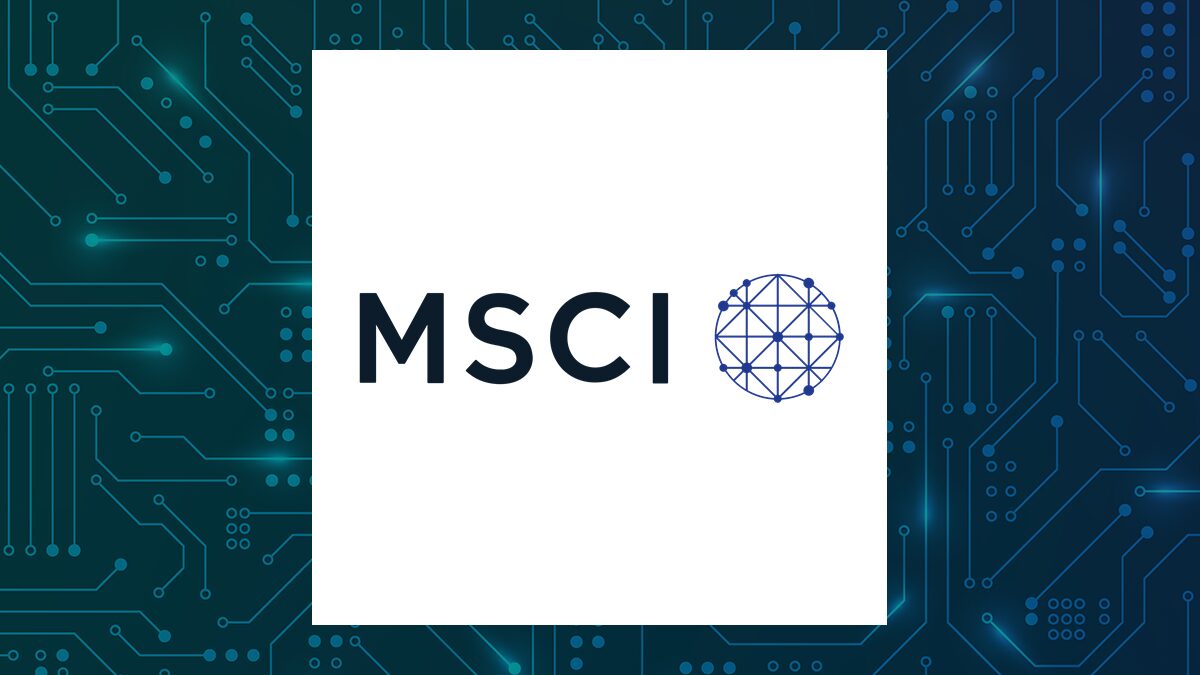Ticketmaster has announced a series of policy changes following a lawsuit initiated by the Federal Trade Commission (FTC) that alleges unfair practices in ticket sales and vendor management. The company aims to enhance the integrity of the ticket purchasing process and address long-standing concerns about ticket scalping and resale.
In a letter to lawmakers dated October 17, 2023, Daniel Wall, executive vice president of Live Nation Entertainment, which owns Ticketmaster, rejected the FTC’s claims that the company supports ticket scalpers. He emphasized that the new measures are designed to improve the experience for concert-goers and to ensure a fairer ticket purchasing environment.
Key Changes to Ticketmaster’s Operations
One of the most significant changes will be the prohibition of multiple user accounts for ticket purchases. All redundant accounts will be deactivated in the near future, which is expected to limit the ability of resellers to hoard tickets. Additionally, each reseller will now be required to provide a unique taxpayer identification number, promoting accountability and compliance within the resale market.
The discontinuation of the TradeDesk inventory management application is another notable policy shift. This software, which has faced scrutiny for enabling practices such as ticket harvesting, will be removed. Wall maintains that while TradeDesk allows resellers to manage ticket listings across various platforms, it does not engage in the direct purchase of tickets. He pointed out that similar tools are used by competitors like StubHub and Vivid Seats.
Live Nation’s decision to eliminate TradeDesk is part of a broader strategy to rebuild its public image and respond to the FTC’s concerns. The company is likely aiming to enhance consumer trust and reduce negative media coverage surrounding its operations.
Legal Background and Industry Context
The FTC’s lawsuit against Ticketmaster is not the first legal challenge the company has faced. In 2022, the Department of Justice filed a lawsuit against Live Nation, suggesting potential action to break up the company due to alleged monopolistic practices. These ongoing legal battles coincide with increasing complaints from concert fans about the difficulty of securing tickets and the high prices charged by resellers.
Established in 1976, Ticketmaster has maintained its status as the largest ticket provider in the industry since 1995, handling approximately 80% of live concert ticket sales. Between 2019 and 2024, consumers have spent more than $82.6 billion on tickets from the Beverly Hills-based company. The recent policy changes come as part of an effort to tackle persistent issues in the ticketing space.
In addition to the operational changes, Ticketmaster plans to implement new, artificial intelligence-driven tools aimed at verifying user identities and monitoring for potentially fraudulent transactions. This technological investment reflects the company’s commitment to enhancing security and maintaining consumer trust in an increasingly complex digital marketplace.
The forthcoming updates to Ticketmaster’s policies signal a significant shift in the company’s approach to ticketing, with an emphasis on transparency and consumer protection. As the ticketing landscape continues to evolve, these changes may play a crucial role in shaping the future of ticket sales and resale practices.







